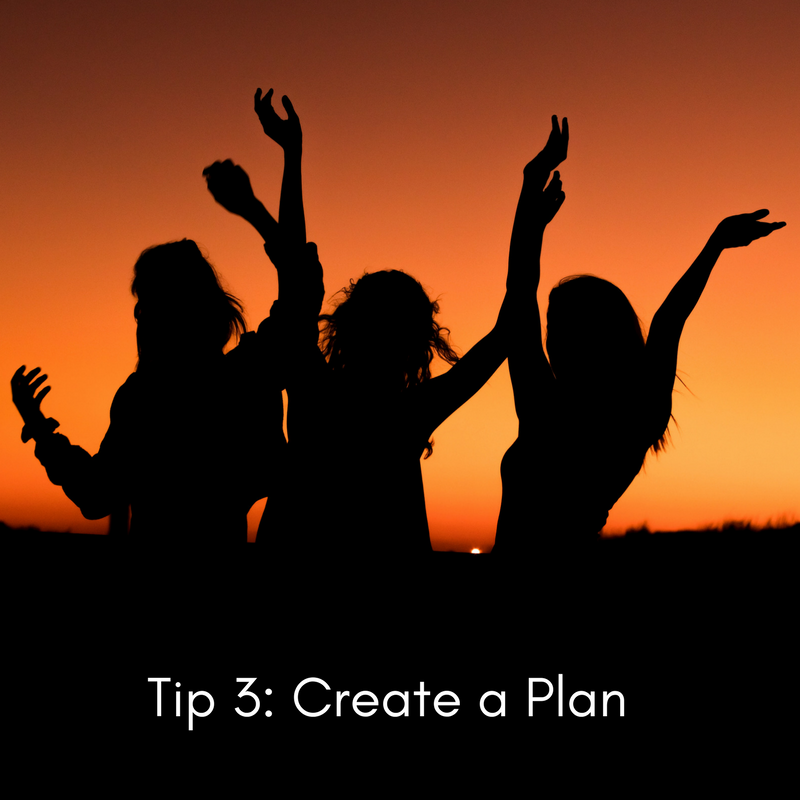Canada Day 150: Celebrate without Sacrificing your Mental Health
Image description: Canadian Flag set against a blue sky with white clouds. White text reads: 'Celebrate Without Sacrificing Your Mental Health
Clare Hickie, Special Projects Team Co-Director clarehickie@outrunthestigma.ca
Any national holiday can be both exciting for those celebrating, and nerve-wracking for those who struggle with their mental health.
Those who suffer from PTSD or anxiety can sometimes be triggered by certain aspects of celebrations, including things like fireworks and large crowds. For other groups, including Canada’s Indigenous population, celebrations of holidays like Canada Day 150 can stimulate conversations on historical and ongoing trauma, including intergenerational trauma, suicides within the Indigenous community, and other troubling and potentially triggering topics. These conversations are vital for Canadians to have, but can also stir up trauma, and trigger memories and feelings that are painful for families and individuals.
Canada Day 150 is a wonderful opportunity to initiate conversations on the impact of Canada’s past and present on Canadians’ mental health. As you celebrate, engage in activism and resistance, or observe all the amazing things happening on Canada Day, we encourage you to remember to take care of your own mental health and the mental health of those around you. Here are five tips to help you care for your own well-being today!
1. Set boundaries on how and what you will celebrate.
When celebrating with friends or family, it can be easy to simply ‘go with the flow’ or feel pressured to engage in certain activities or events. It’s important, however, for you to set boundaries on what you are comfortable celebrating based on your own mental health needs and personal preferences.
If you suffer from PTSD or anxiety, and loud noises or crowds trigger you, let friends and family know that you will be avoiding those celebrations based on personal preferences. If you feel that engaging in certain conversations or celebrations could be detrimental to your mental health, let others know you are abstaining from them today. Even if not everyone understands, that’s okay. Your mental health and well-being are a priority, and you do not need to feel ashamed for taking care of yourself.
2. Remember to engage in self-care!
However you decide to celebrate, make sure to maintain your physical and mental well-being throughout the day. Take breaks for water, snacks, and sunscreen, particularly if you are outside. Be mindful of your level of alcohol consumption, and make sure to have a buddy with you and a safe way to get home if you are out of the house. If you are engaging in activism, take time for breaks, and talk to a friend or someone else you trust if you feel overwhelmed.
Some ideas for self-care include:
- Taking breaks for water
- Taking breaks for snacks
- Taking a break to sit down
- Talking to a friend or family member to decompress
- Stepping away from crowds or a party to be alone for a few minutes
3. Create a mental health and wellness plan
If you are planning on engaging in celebrations in which there is a possibility you will be triggered, create a mental health and wellness plan. Go to celebrations with a buddy you can trust in case something happens, take an inventory of safe spaces you can go to decompress, and bring any supplies you may need (such as water, tissues, and medication) to celebrations.
4. Let those around you know that they are safe with you.
Regardless of whether you have a mental illness yourself, letting those around you know that they are safe with you is a great way to open up dialogue and to create a safe space. Letting friends know that you will respect their boundaries for celebrations, reminding others to engage in self-care, and being attentive to others’ needs helps set a standard within your group, and will also remind you to stay accountable to your own mental health and wellness needs!
5. Listen & learn.
Canada Day 150 is a wonderful day to celebrate all that is wonderful about our country, and is also an opportunity to hear from marginalized voices on concerns, and how we can do better. Take the opportunity to hear from Indigenous activists, engage in First Nations celebrations, and reflect on how we can create positive change in our communities.
We hope you have a safe and happy Canada Day!
- Outrun the Stigma
Are you interested in writing for Outrun the Stigma? Send us an email at stories@outrunthestigma.ca to learn how to get involved. Authors of all backgrounds and experience levels are welcome to apply.






